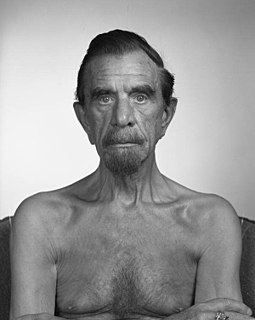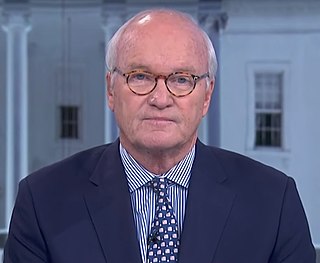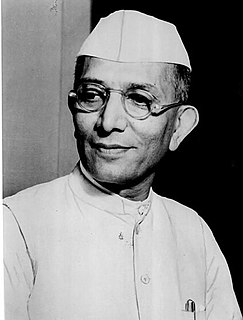A Quote by Prince Charles
As human beings, we suffer from an innate tendency to jump to conclusions, to judge people too quickly, and to pronounce them failures or heroes without due consideration.
Related Quotes
In what terms should we think of these beings, nonhuman yet possessing so very many human-like characteristics? How should we treat them? Surely we should treat them with the same consideration and kindness as we show to other humans; and as we recognize human rights, so too should we recognize the rights of the great apes? Yes.
We ought to consider the interests of animals because they have interests and it is unjustifiable to exclude them from the sphere of moral concern; to make this consideration depend on beneficial consequences for human beings is to accept the implication that the interests of animals do not warrant consideration for their own sakes.
People expect artists to be too normal, I think. I've been around enough of them now to see that they're very extraordinary human beings who behave differently than ordinary human beings. If they weren't as sensitive as they are, they wouldn't be great artists. They are not the same as us. People should just learn to accept that.
Not that I ever felt the necessity of proving that all human beings suffer the same way, feel joy the same way, but it happened on my way - when I get close to these people, just by the simple intervention of translation I can actually reach them and ask them something, and their reaction is as I expected. I see that the relationship goes so smoothly, and I realize that cultural languages and specificities are nothing but simple obstacles that you can easily overcome. It's obvious that human beings are the same wherever they are.






































